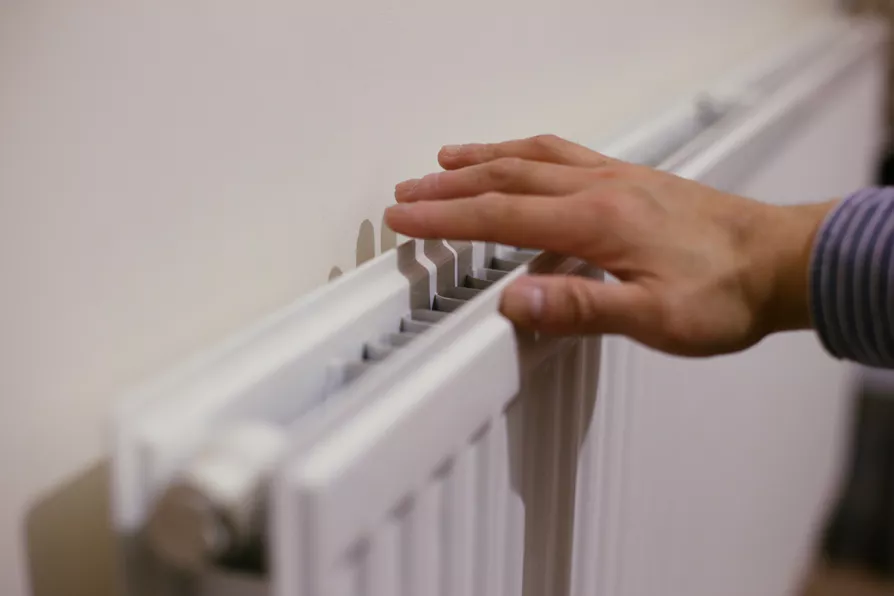Disabled people twice as likely to be unable to afford heating, think tank finds

 A hand on a radiator
A hand on a radiator
DISABLED people are almost twice as likely to report being unable to afford to keep their home warm as the non-disabled, the Resolution Foundation revealed today.
Around 41 per cent of disabled people said they could not afford to keep their home warm, as did 23 per cent of people without a disability, the think tank found.
Almost half of disabled adults said they have had to cut back on energy use this winter compared with nearly a third of people without a disability.
Similar stories

More than seven in 10 health workers says patients struggling with their bills — a public health crisis ‘that is entirely preventable’













